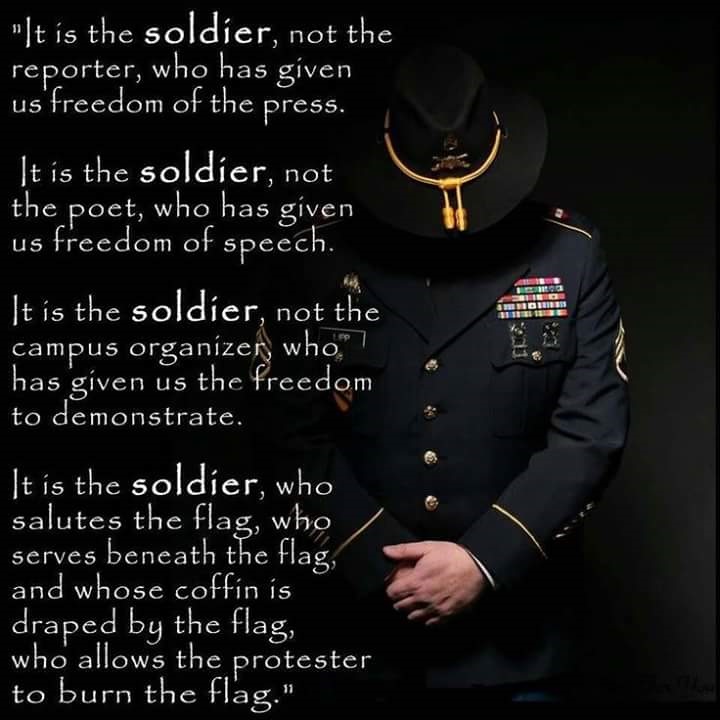MILITARY SUCCESSFUL AS IT’S BETTER ORGANISED, DISCIPLINED, MOTIVATED AND HAS AN EFFECTIVE LEADERSHIP. IN THE CASE OF LAW AND ORDER, IT’S MORE DUE TO SALUTARY EFFECT THAT ITS PRESENCE HAS ON MOBS THAN ACTUAL USE OF FORCE
The military is called in to aid the civil administration in a wide range of contingencies. These vary from natural disasters to restoring law and order; though in each such event the civil administration has adequate resources, both in terms of manpower and material. However, as seen over the years, in an emergency, the civil administration shows a degree of inaptitude to measure up to the demands of such extraordinary situations and often goes into hiding. Police and bureaucracy have done just that in Haryana during the current mayhem caused by the Jat quota agitation.
The military is able to cope with such contingencies because it is better organised, disciplined, motivated and above all has an effective leadership. In the case of law and order, it is more due to the salutary effect that the military’s presence has on unruly mobs than from actual use of force. This salutary effect is the result of the general impression that the military means business and will not baulk from taking firm action. This impression can be eroded if too much caution and restrictions are imposed on the military or its use is too frequent.
The other reason for this loss of salutary effect is that, a whole range of police outfits, have, blatantly and against the prevalent law, copied the military’s uniforms, badges of rank and other paraphernalia, making it difficult for the common man to tell the military from policemen. This has led to such a sad situation, as was seen during the flag marches in Haryana, when the army columns carried posters stating that they were from the army.
EXTRAORDINARY MEASURES
In the case of law and order, it is important to deal, and deal firmly, at the very first instance or early signs of disorder, which could lead to breakdown of rule of law. Under normal circumstances, troops can open fire on a mob with the permission of a magistrate. The availability of a magistrate with every military column is seldom possible. Though an officer can order troops to open fire but more often than not such action is followed by long legal battles where the officer may have to justify his action.
The fact that the military is called out implies that the civil administration has exhausted its resources and the situation is well beyond its control. Therefore, for the military to effectively control such an adverse situation, it must have a free hand as under the Armed Forces Special Powers Act (AFSPA) and the authority to use force at its own reckoning with no legal binding. This calls for amending the relevant laws. Extraordinary situations call for extraordinary measures.
The situation in Haryana was most ineptly handled and allowed to get out of hand completely. It has been an obvious case of breakdown of administration and the mobs were allowed to have a free run. The ministry of home affairs has a large body of central police organisations (CPOs) that should have acted with promptitude and there was no need to seek military’s help. Since the military is called only as a last resort, it must act firmly and restore order. If it fails to control the situation, then anarchy will follow and the state can only wither away.
SKILLS FOR YOUTH
The issue of reservation for Jats needs to be handled with care and foresight keeping in mind the Supreme Court ruling in this case and the possibility of a chain reaction setting in among other sections of society.
A close look at the mobs indulging in arson, looting and rioting would reveal that these are essentially of youth. They are a part of the millions who are uneducated, half educated, without skills and frustrated because of lack of employment for them. India needs to provide jobs to a million of them every month and that appears to be outside the country’s capacity.
Therefore, what is taking place in Haryana is perhaps casting a shadow of events to come.
Given this spectre of lawlessness, who would want to invest in Haryana? Surely what has been taking place in Haryana will impact foreign investment in India on the whole and adversely impact the Make in India drive.
(The writer, a former deputy chief of army staff, is a commentator on defence and security issues. The views expressed are personal)

